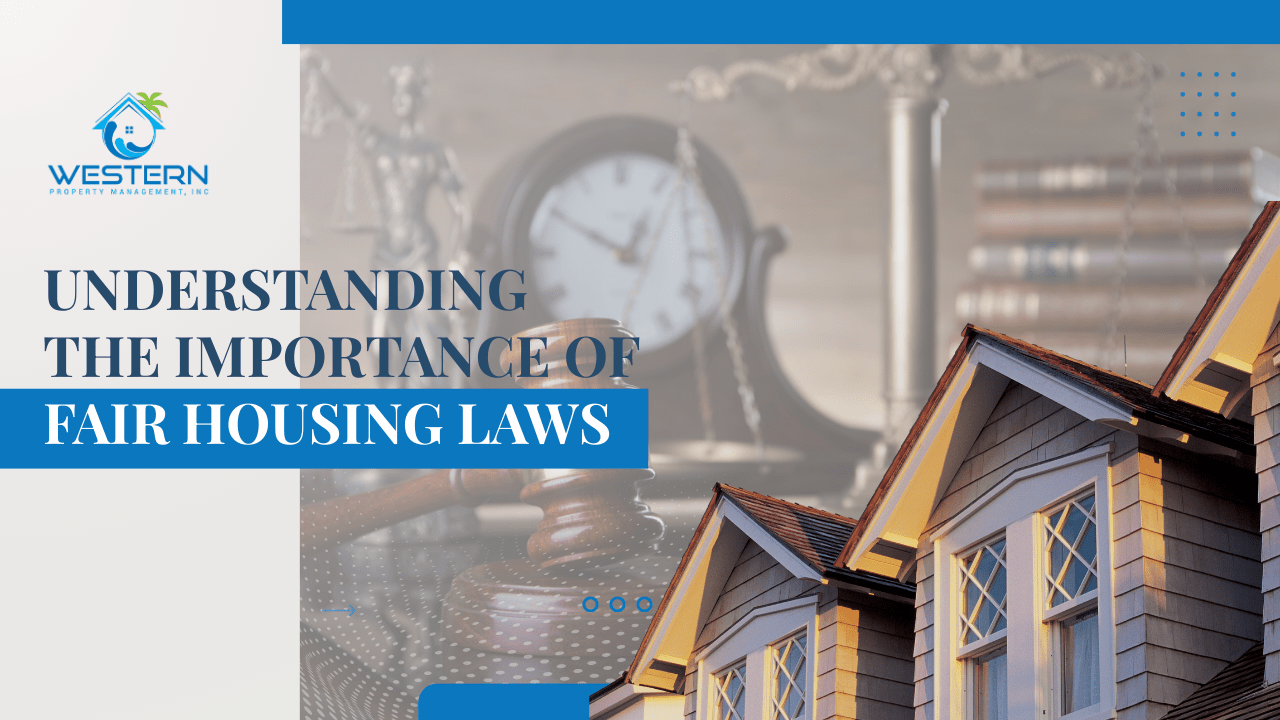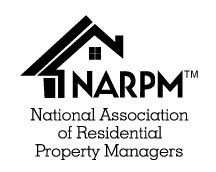Santa Cruz’s fair housing laws follow the state laws, which happen to be stricter than the federal laws. California's fair housing laws are found in the Fair Employment and Housing Act (FEHA), and they provide broader protections than the federal Fair Housing Act (FHA). If you’ve been renting out a home in Santa Cruz or the surrounding areas for any amount of time, this should not surprise you.
It’s important to understand the importance of fair housing laws, and how you must apply them to the way you lease and manage your rental property. By understanding and complying with fair housing laws, you’re contributing to an environment of fairness and equity in your rental properties.
So, how do local and state governments view discrimination?
Possibly, not the way you think. Discrimination is not always intentional nor apparent. That’s why it can be so tricky. You have to think about fair housing laws in the way you advertise your property,
screen your tenants, and make modifications to your investments.
Let’s dive into this important topic.
Protected Classes and Fair Housing Laws in Santa Cruz
Protected classes means what, exactly? It’s a term that describes criteria upon which landlords cannot make decisions. You cannot discriminate against an applicant or a tenant because of race or religion. You can be selective when it comes to income levels, credit scores, and eviction history. However, you cannot make a decision about approving a tenant based on the established protected classes.
While the Federal law lists seven protected classes—race, color, national origin, religion, sex, familial status, and disability—California's FEHA goes further. It includes all of these federal protected classes, plus:
- Marital status
- Pregnancy
- Status as a victim of domestic violence or stalking
- Political affiliation
- Age
- Sexual orientation
- Gender identity and gender expression
- Medical condition
- Genetic information
- Military or veteran status
- Source of income
Landlords and
rental property managers must be cautious not to discriminate, consciously or unconsciously, against individuals belonging to these classes when choosing tenants, setting rental terms, granting privileges, or applying services and rules. Establish an objective and consistent process and put all of your rental criteria in writing so that tenants know what you’re looking for before they even apply.
Fair Housing and Advertising Santa Cruz Rental Properties
It’s important to understand and apply fair housing laws to the way you market and advertise your properties.
Words matter. The language used in rental property advertisements should never indicate preference, limitation, or discrimination based on any protected class. Phrases such as "great for singles" or "suitable for a mature couple" could be considered discriminatory and should be avoided.
Instead, focus on ways in which a property is attractive to everyone. Talk about its features, such as large bedrooms, updated kitchens, or fenced yards. Don’t discuss the type of tenant who might appreciate a home. It separates your tenant pool and could violate fair housing laws. You cannot refuse to rent a property based on a protected class. You cannot falsely deny that a home is available because of an interested party’s gender or age.
Fair Housing Laws and Screening Santa Cruz Tenants
Screening has to be fair, objective, and impartial. You must hold every applicant to the same standards. As
Santa Cruz property managers, we have the necessary screening software and technology to ensure that most of our background checking is automated and therefore fair housing compliant. It’s objective, fair, and consistent.
As a landlord, it’s important to establish qualifying rental criteria and to provide that criteria to potential tenants before they apply for your property. Establish what is required from a tenant in order to be approved for your property, and document it in writing. This should be provided to any potential applicant who is interested in renting your home.
A new law in California now requires you to approve applications in the order in which they were received if you’re collecting an application fee. That means you cannot set one application aside if the applicant meets all of your requirements in order to continue screening others.
Fair Housing Laws and Disabilities
Landlords must allow and may be required to make reasonable accommodations for individuals with disabilities. This includes modifications to existing premises, as long as it does not create undue financial and administrative burdens.
Disability has received a lot of attention within fair housing circles and rental homes over the last decade. As service animals and companion animals become more popular, landlords have struggled to navigate how to delineate pets from emotional support animals. Make sure you know the difference, or you can find yourself facing a hefty fine.
Section 8 Tenants and Fair Housing
Not so many years ago, rental property owners did not have to rent their properties to tenants with housing vouchers like Section 8 if they did not want to. The law has changed.
Source of income is one of those protected classes under state fair housing laws. This means that you cannot refuse to consider a tenant with Section 8 benefits, as long as they meet your qualifying rental criteria. Those housing benefits can be considered income.
How to Stay Informed and Compliant








